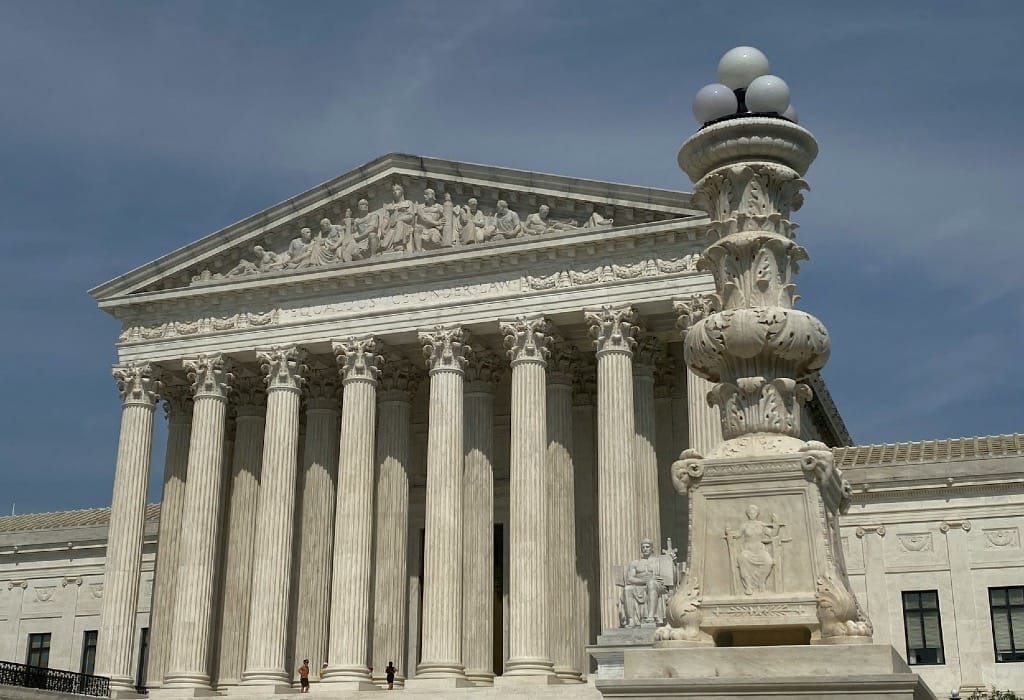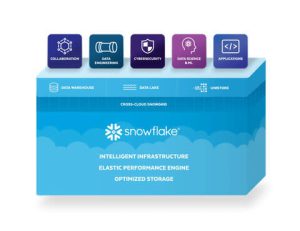
Universal Service
An AT&T subsidiary argues it should not be subject to higher penalties for false remibursement claims.

 Photo of the U.S. Supreme Court building by Brad Weaver
Photo of the U.S. Supreme Court building by Brad Weaver
WASHINGTON, June 20, 2024 – The Supreme Court has agreed to weigh in on how much E-Rate participants can be forced to pay as a penalty for submitting inflated reimbursement requests.
At issue was whether reimbursement requests under the Federal Communications Commission program count as “claims” under the False Claims Act, which mandates higher financial penalties against entities that allegedly cheat to obtain government money. The act calls for damages triple the amount of the improperly obtained payments, plus mandatory civil penalties.
The FCC’s E-Rate program spends more than $2 billion annually subsidizing broadband and voice services for schools and libraries. It’s part of the agency’s larger Universal Service Fund, which disburses about $8 billion in telecom subsidies each year. The USF is funded by fees levied on voice providers, which Wisconsin Bell argues shields the money from the FCA, as the law is designed to protect public funds.
Telecom auditor Todd Heath first filed suit against AT&T subsidiary Wisconsin Bell in 2008, alleging the company deliberately overcharged schools in the state in an effort to get larger E-Rate reimbursements. The case came to encompass reimbursements from 2002 to 2015.
Heath did not provide summary statistics, but noted that Wisconsin Bell charged a school in Milwaukee $1,110 per month for telecom services while charging a private business in the city just $337 for the same product.
In January, the Seventh Circuit Court of Appeals held that E-Rate reimbursement requests were in fact “claims” under the FCA, in part because some USF money – about $100 million from 2003 to 2015 – came from the U.S. Treasury in the form of delinquent debts and penalties, satisfying the law’s requirement that the government “provide” the money at issue.
Wisconsin Bell then asked the Supreme Court to step in, pointing to a Fifth Circuit case from 2014 that held USF claims were not subject to the FCA. Heath’s lawyers argued the split is a result of a less complete record in the Fifth Circuit case, not a disagreement on a matter of law.
Fifth Circuit judges wrote “even a drop” of Treasury money being disbursed would trigger the FCA, but government officials did not testify to the $100 million in Treasury funds in that case, as they did the case before the Seventh Circuit.
Heath also noted that since 2018, all of USF money has been held in a U.S. Treasury account following a recommendation from the U.S. Government Accountability Office.
“Any court reviewing the current operation of the E-rate program in a False Claims Act case will find that the federal government provides at least ‘a drop’ of E-rate funds given that the U.S. Treasury now provides every single dollar distributed by the program,” his lawyers wrote.
Wisconsin Bell, for its part, holds that the funds were still not public money, since they came from fees on private telecom carriers.
“That the government serves as a debt collector for the Administrative Company at the Administrative Company’s request doesn’t convert private money owed to the Fund (or the penalties and interest accrued on those debts) into public money,” the company wrote.
Also at issue was whether the Universal Service Administrative Company, a non-profit corporation created by the FCC to manage the USF, is an “agent” of the United States, another path to liability under the FCA.
Major broadband trade groups USTelecom and CTIA submitted a brief in support of Wisconsin Bell, arguing that higher penalties for fraud could dissuade some of their members from participating in E-Rate and other USF programs.
“For some providers, this threat may eclipse the benefits of participating in a Universal Service program,” the groups wrote.

